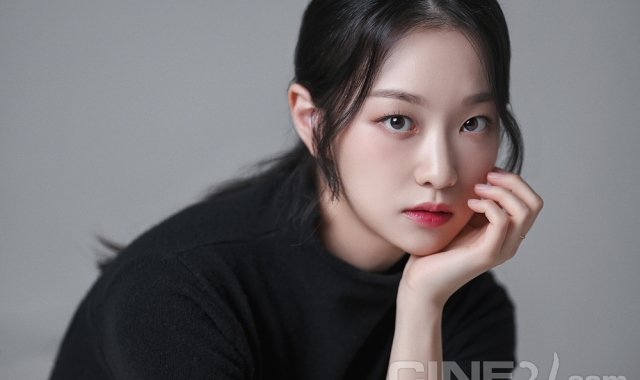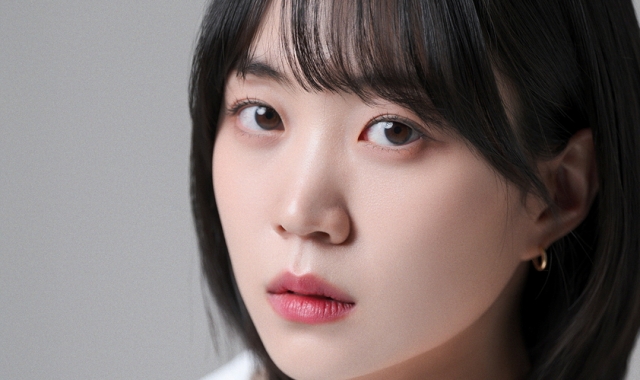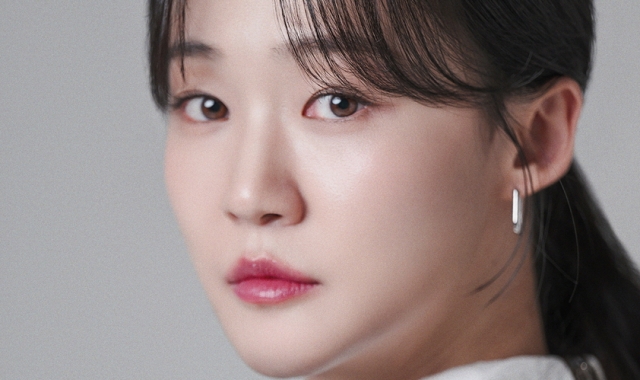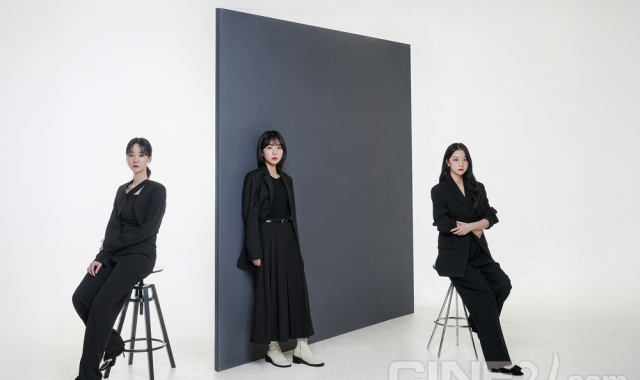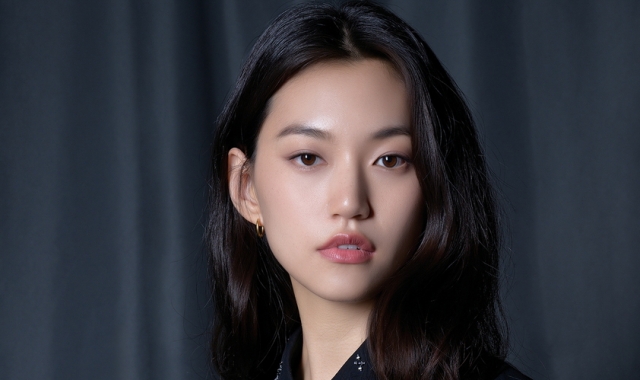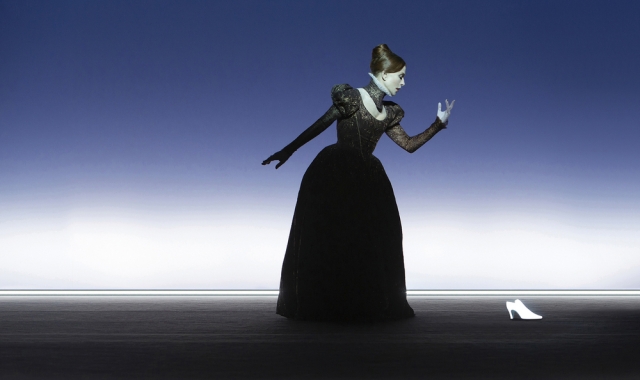
영화가 소통의 매개체로 작용하는 건 스크린에 국한된 일이 아니다. 5월3일 오후 5시 메가박스 8층에서 정확히 2시간 동안 진행된 ‘마그렙 영화와 아랍 문화의 이해’ 세미나는 영화를 구실삼아 편견과 오해를 벗어내는 생생한 현장이었다. 사회를 맡은 임안자 부집행위원장은 <사막의 방랑자들>의 나세르 케미르 감독(튀니지)과 모하메드 바크림 모로코 영화원 부원장을 초빙해 한동안 침체를 면치못하던 튀니지와 모로코의 영화들이 최근 급격히 부흥하고 있는 이유가 어디에 있는지, 혹시 그 배경에 프랑스로 대표되는 유럽영화자본(과 관객)의 지원을 얻기 위한 ‘뉴 오리엔탈리즘’의 혐의는 없는지 곧바로 따져묻기 시작했다.
이에 케미르 감독은 “튀니지 영화는 정부의 아주 적은 지원에 비해 프랑스, 벨기에 등 유럽국가와의 합작으로 만들어지는 게 대부분이나 감독 각자를 하나의 학파로 볼 수 있을만큼 개성이 강하다는 게 특징”이라면서 “영화는 일단 만들어져야하기 때문에 제작자본의 취향을 고려할 수밖에 없지만 한번도 자국 안에서 상영되지 못하고 외국에서만 인정받고 있는 이란 영화의 형편에 비하면 나은 것”이라고 답했다. 바크림 부원장은 “모로코에서 여성의 지위, 밀입국자의 문제, 아랍의 정체성 같은 현실의 문제를 건드리면서 새로운 정체성에 대한 질문에 가장 지적인 답변을 해주고 있는 게 영화”라고 에둘러 답했다.
본론은 케미르 감독이 “현재 튀니지에는 여성감독들의 활약이 대단하고 그들의 스타일이 매우 독특한데 아마도 전세계에서 가장 많은 여성감독이 활동하고 있지 않을까한다”고 한 대목에서 시작됐다. 토론자로 참여한 조희선 명지대 아랍지역학과 교수는 “80년대 초중반 튀니지에서 머물면서 한국에 비할 수없을 만큼 높은 사회적 지위와 대우를 받는 여성의 현실을 보고 충격을 받았었다”며 “모로코와 튀니지의 여성이 아랍권에서 가장 자유로운 건 분명한 사실이지만 이건 여성을 화두로 사회를 개혁하려는 정권의 정치적 이해에서 나온 결과라는 게 문제”라고 지적했다. 여기서 시작된 두 문화의 대화는 서구 페미니즘과 이슬람 페미니즘의 비교, 유교권과 아랍권의 가부장의 기원과 전망으로 이어지며 상승세를 이뤘다. 비록 객석은 허전했지만 2시간 동안의 대화에서 아쉬움없이 흘려보낼 말은 단 한마디도 없었다.
Controversy from Maghreb
The communication through the media of cinema happens outside as well as on screen. The seminar for a couple of hours on May 3, ‘Discovery: Maghreb Cinema’ is the very lively space taking off prejudice and misunderstanding through cinema.A deputy director, Yim Ahn-ja, moderating the seminar, questioned why Tunisian and Moroccan cinema, which was in stagnation for some time, have recently had a great success and whether there might be doubtable background of ‘new orientalism’ to get some support of audiences and capital of European film industry to Nacer Khemir, a director of The Wanderers of Desert and Mohammed Bakrim, a co-director of Morocco Film Center participating in the seminar.
Nacer Khemir said, “To make a film, capital for production needs to be considered but conditions of Tunisian and Moroccan film are much better than Iranian film that are applauded just outside but rather can not be shown inside.” Cho Hee-sun, a professor of the department of Arabic Studies at Myoungji University, one of the participants pointed out that she was shocked by the reality of Tunisian women in much better social status and condition than Korean women already in 1980s. In addition, she argued that it is true that Moroccan and Tunisian women are most liberal in Arab and women directors’ scale and activities are vigorous but it still has problem with the point that it is possible thanks to the political interests whose reformatory government makes women’s matter issue. Earnest discussion and debates started from here and the conversation between two cultures was expanded to the debates on the comparison between western and Islamic feminism and the origin and outlook of patriarchy in Confucian and Arab culture.
